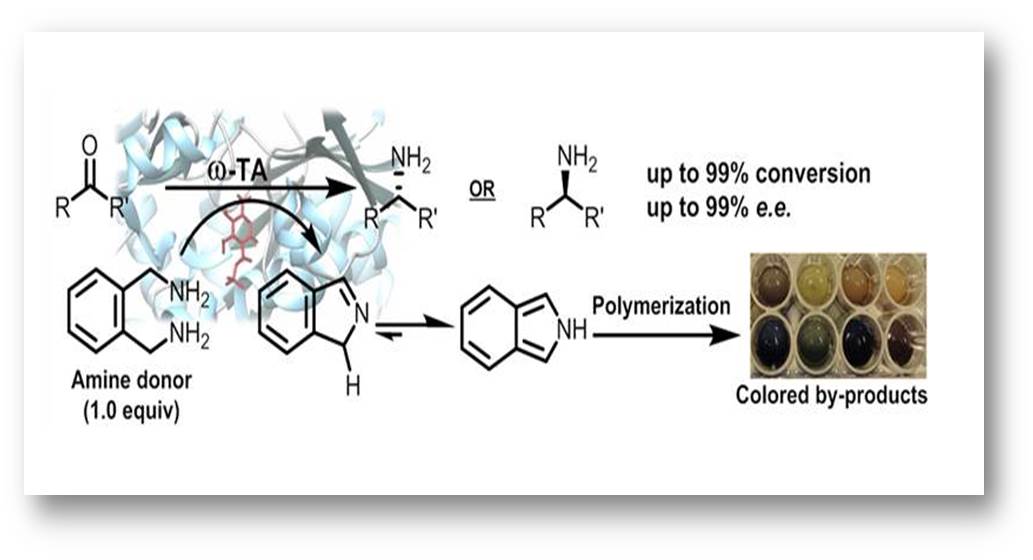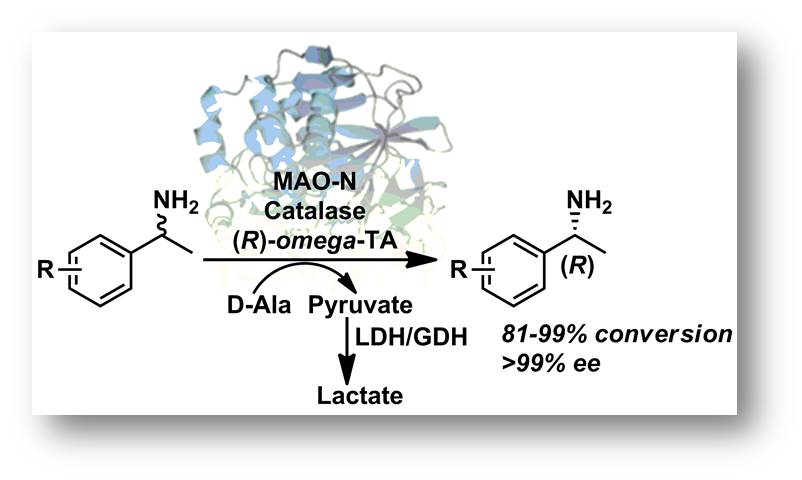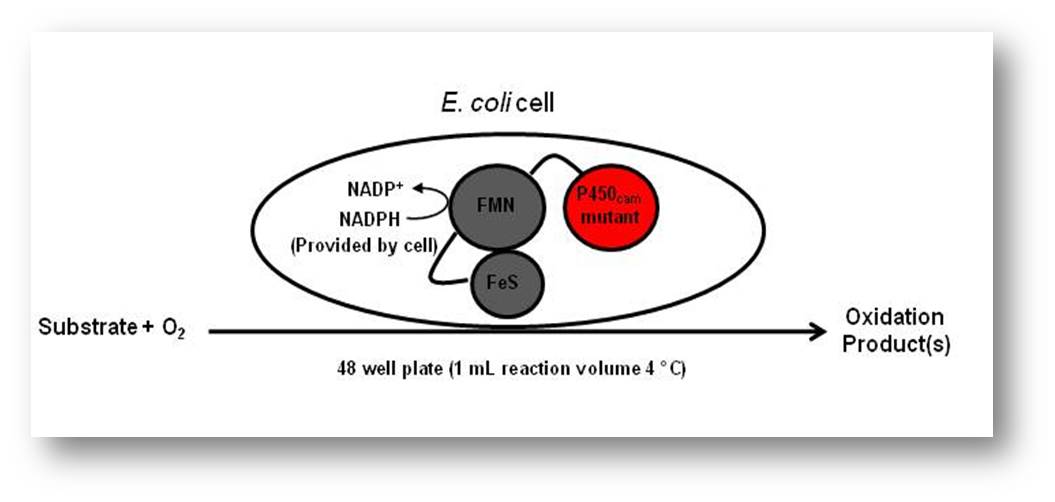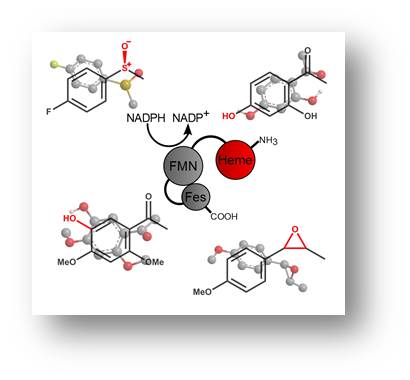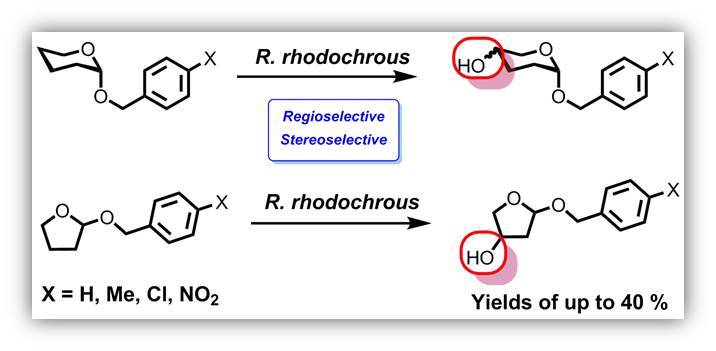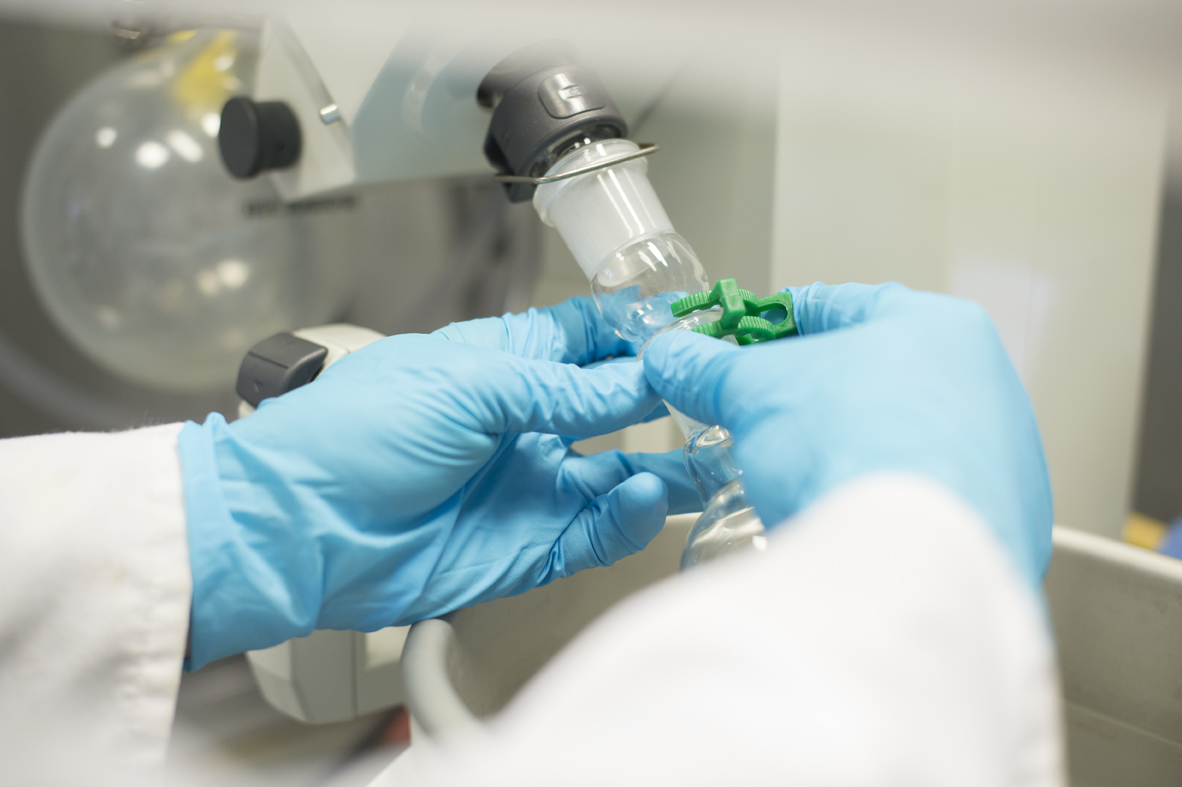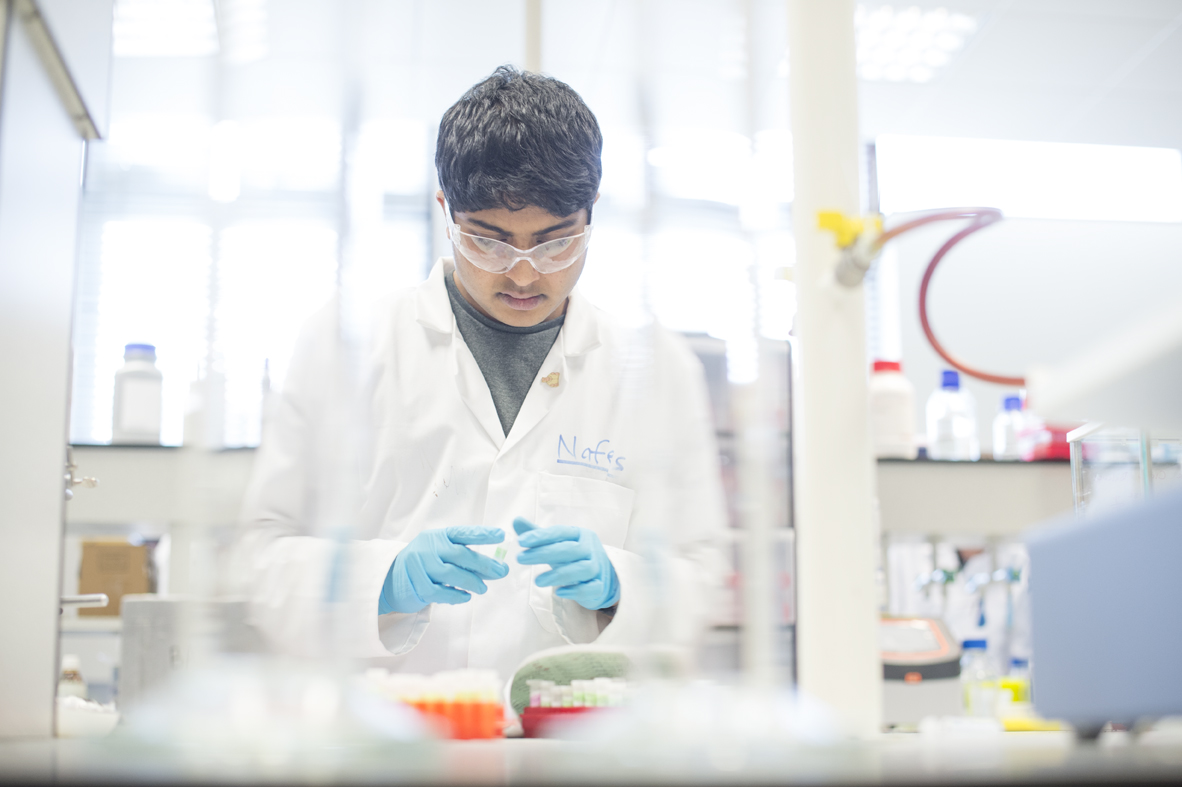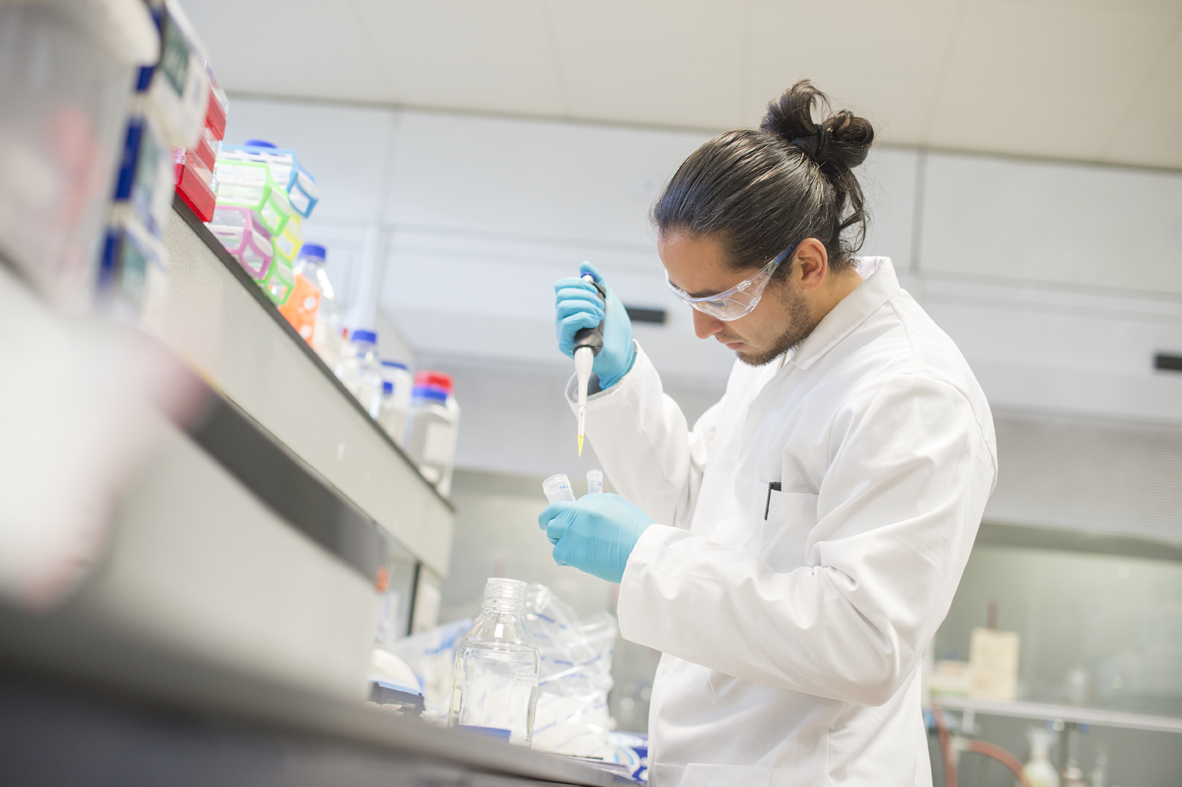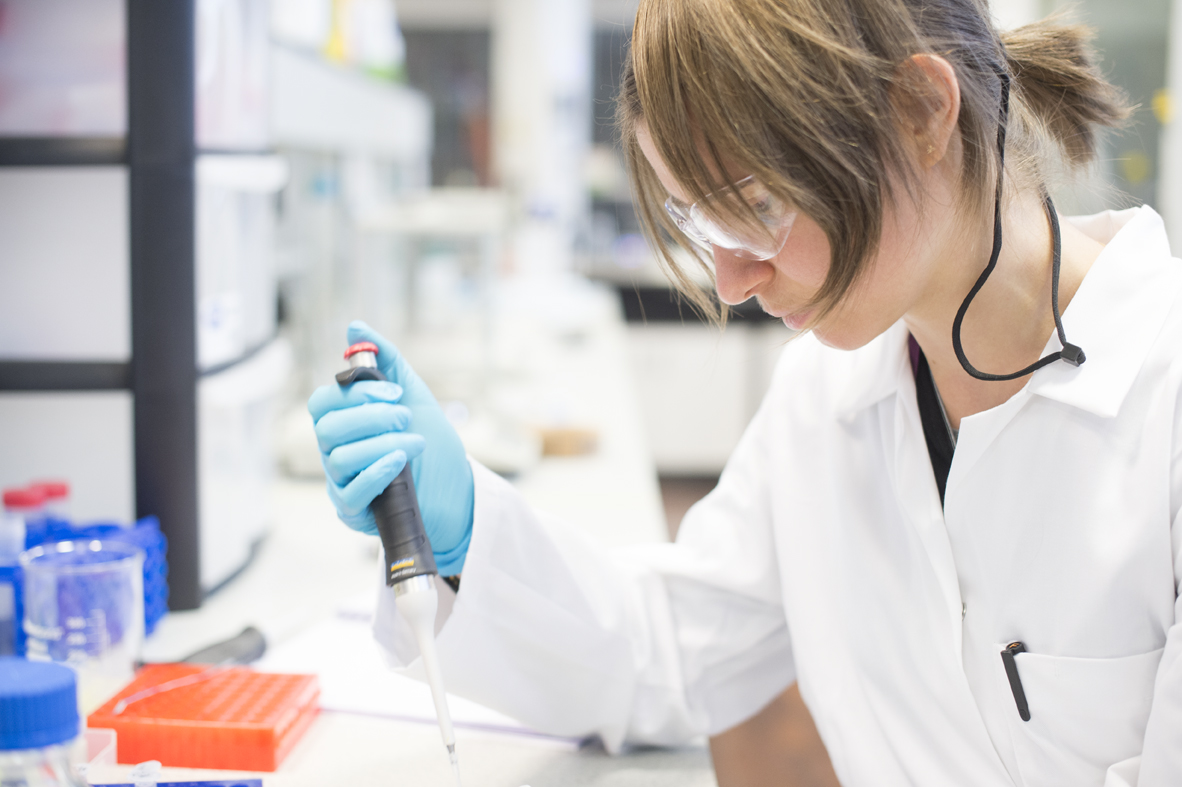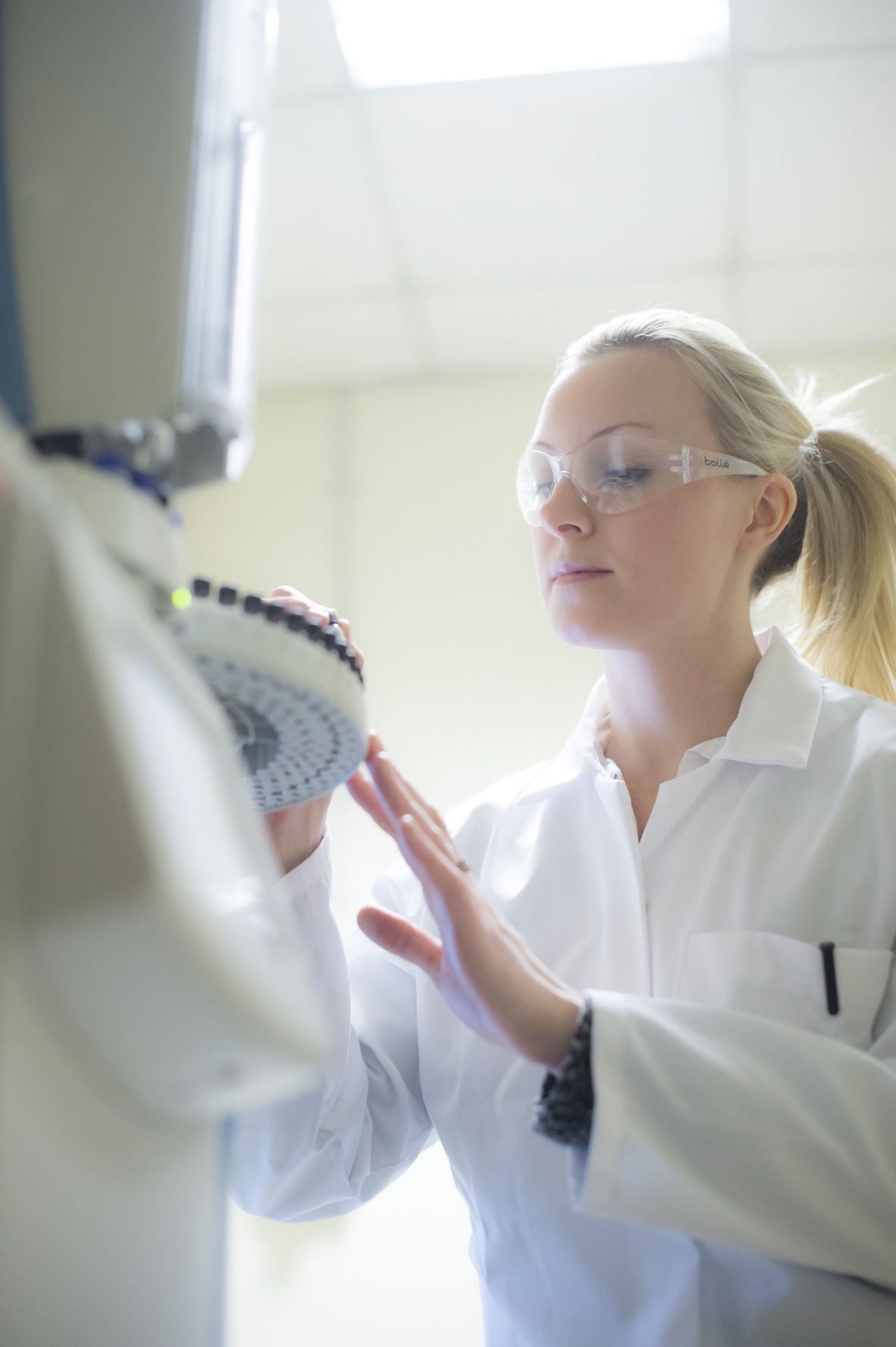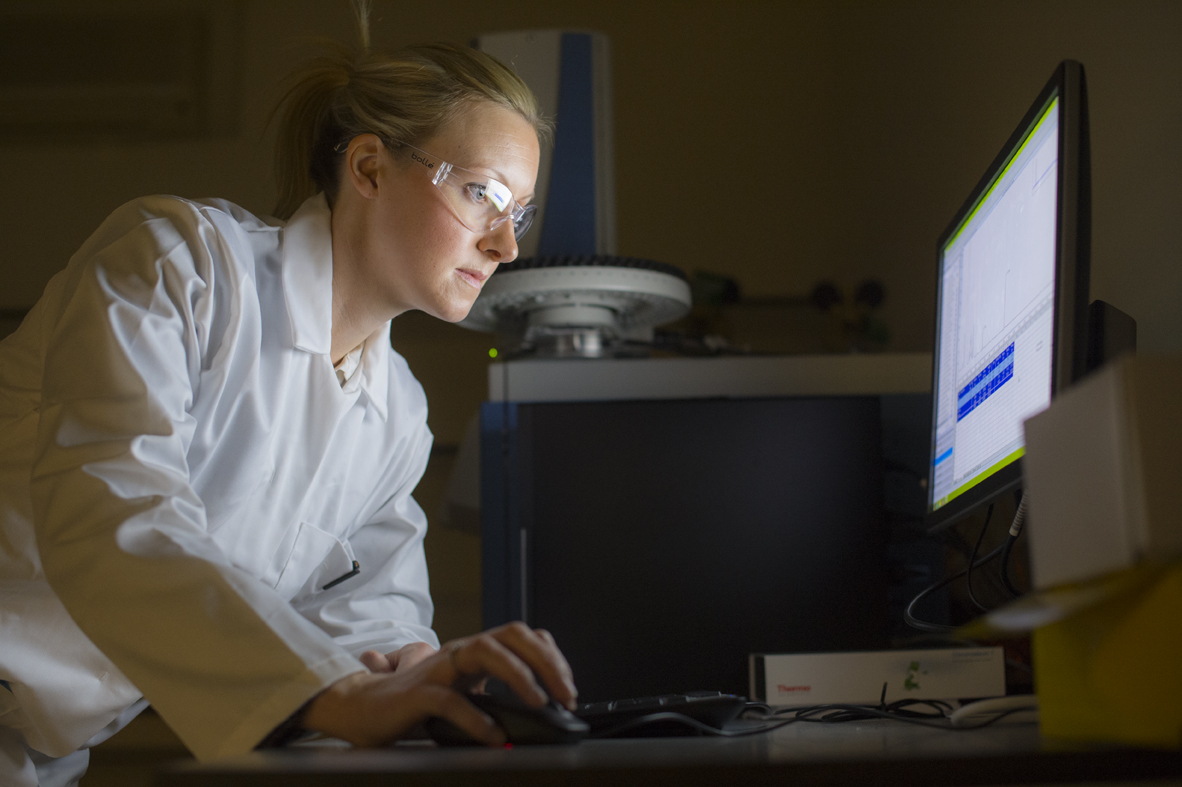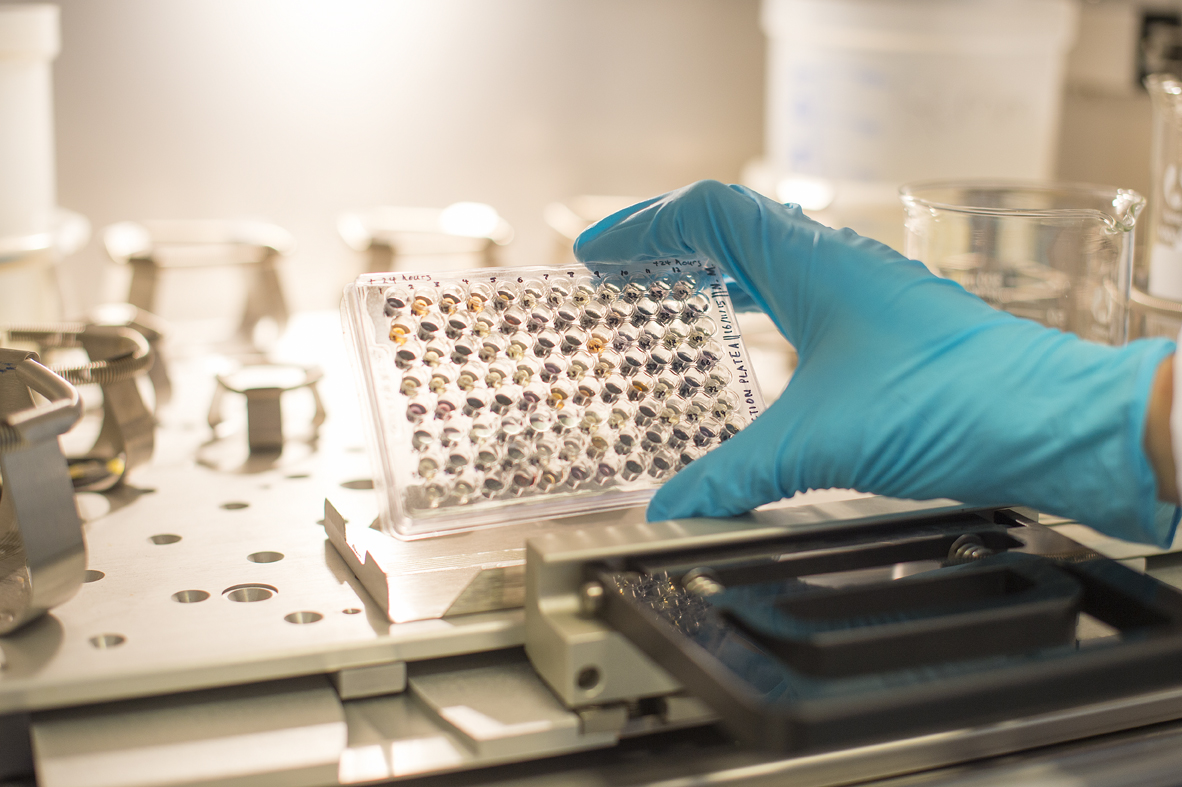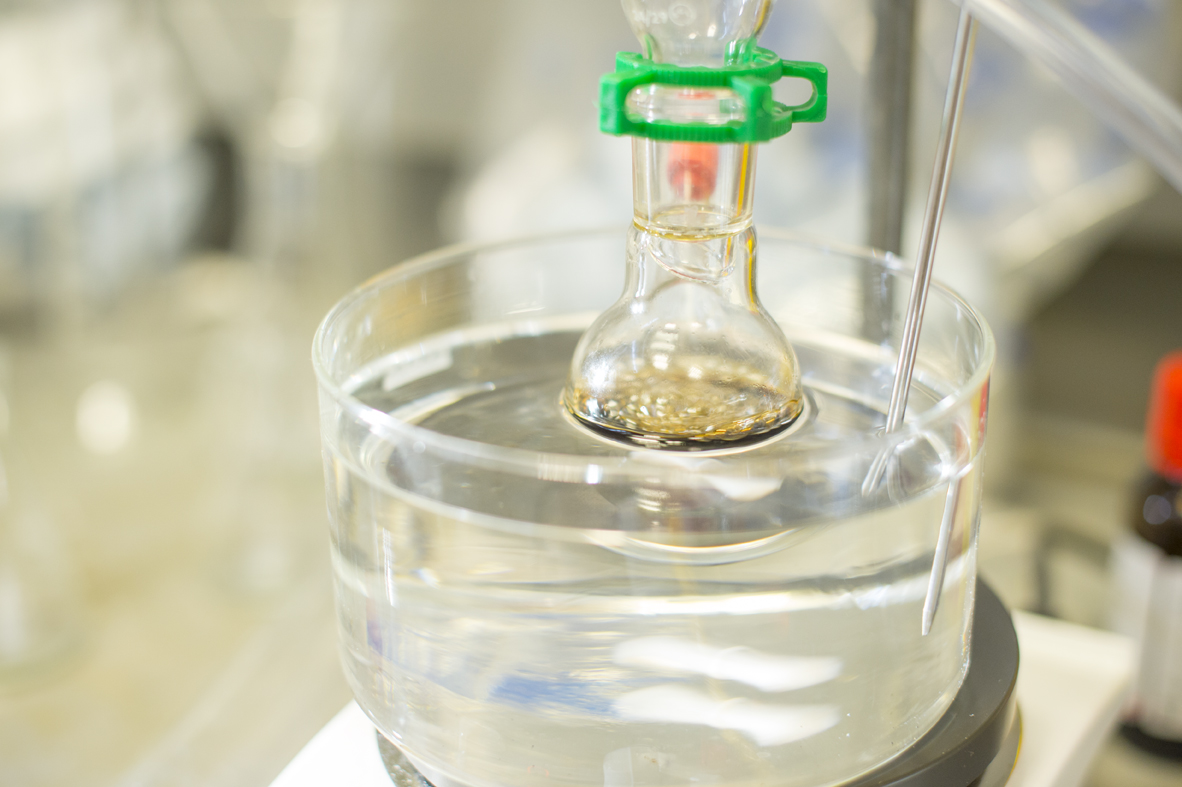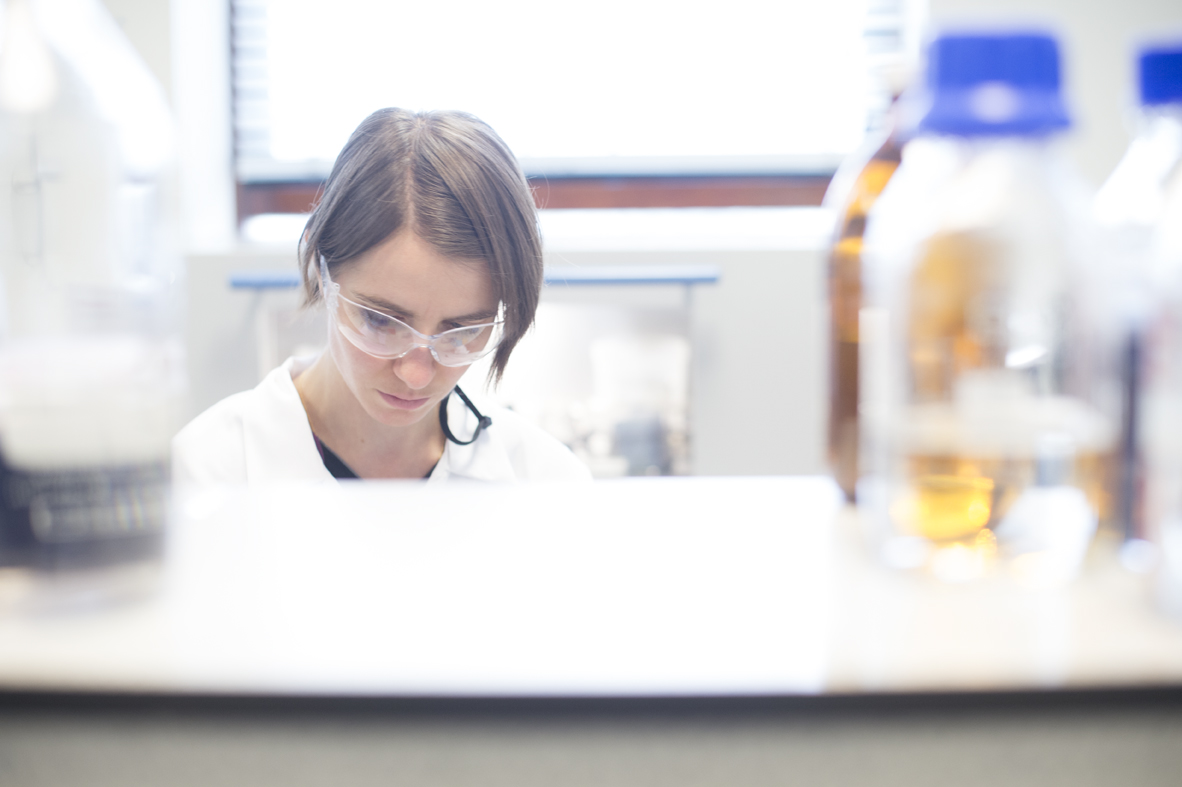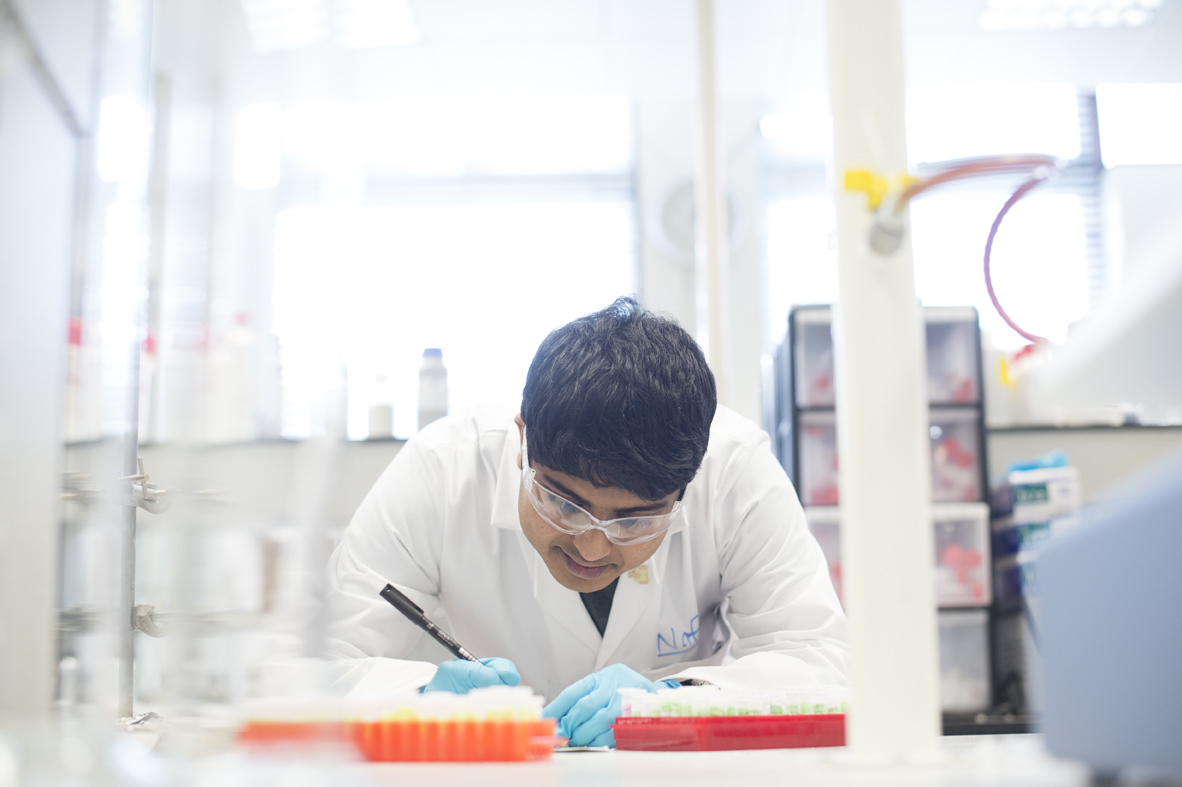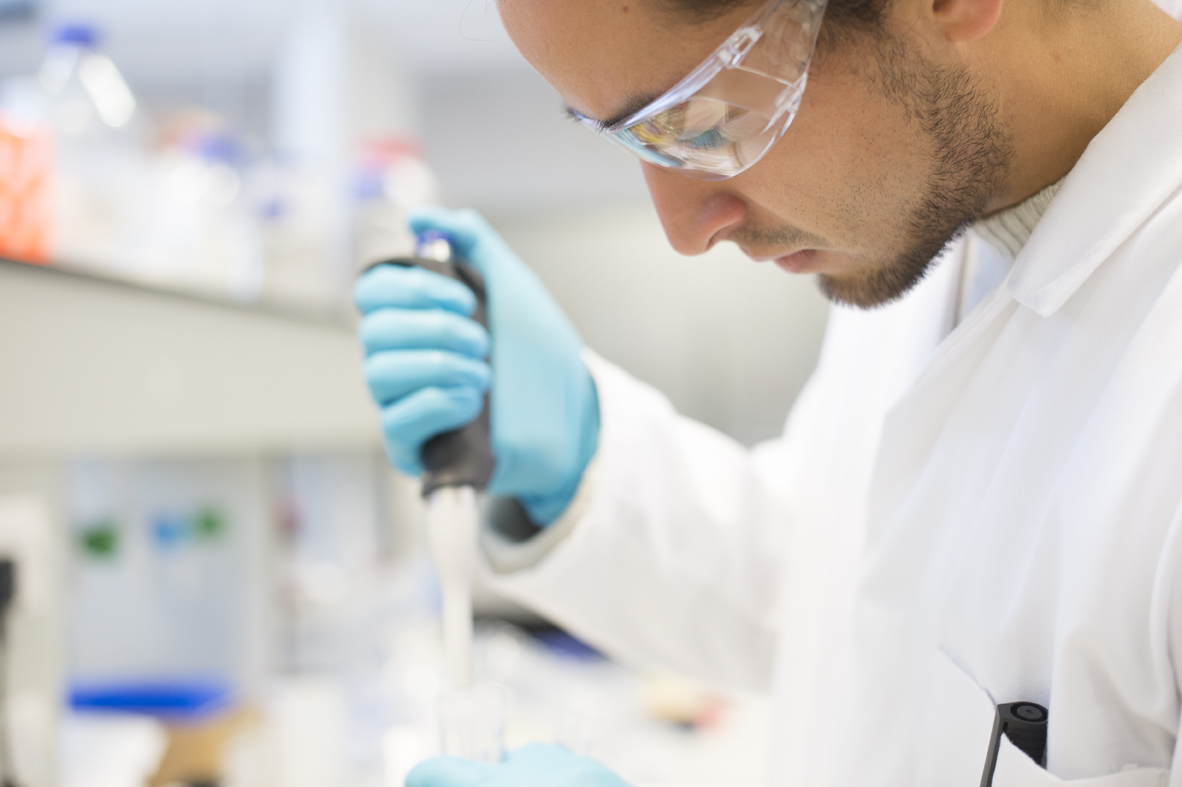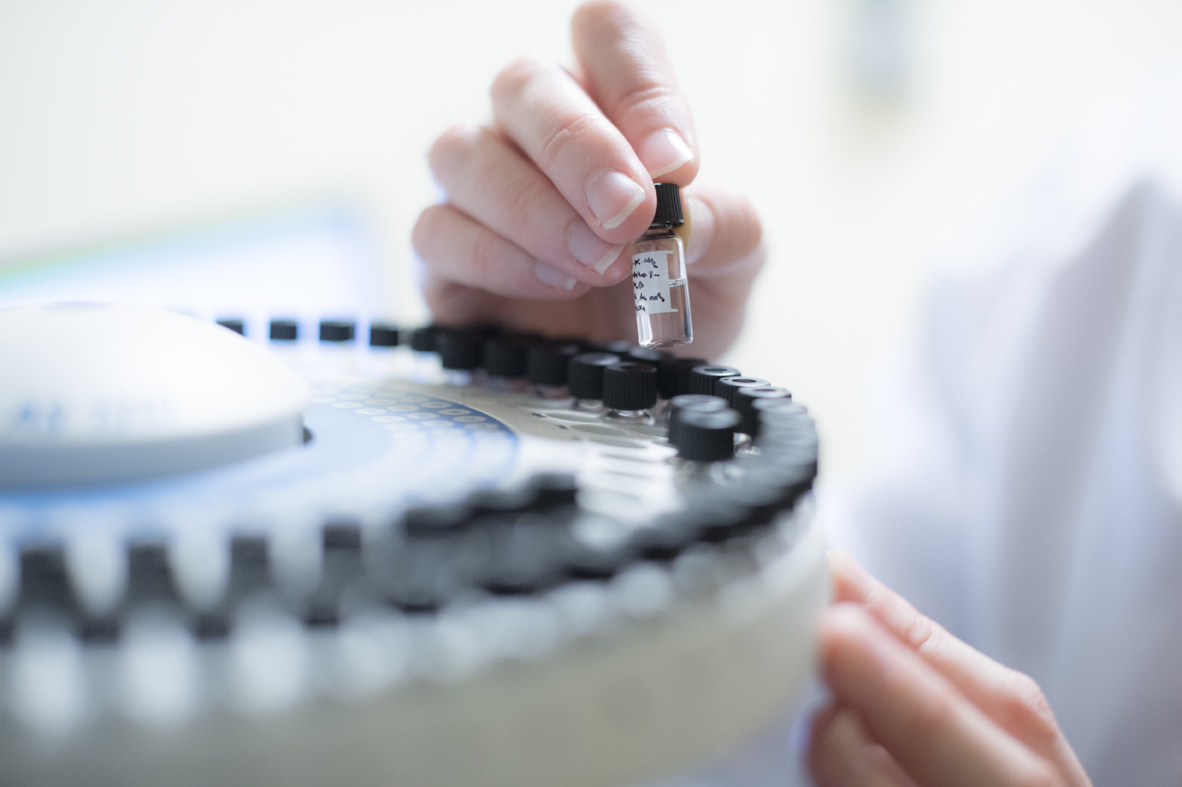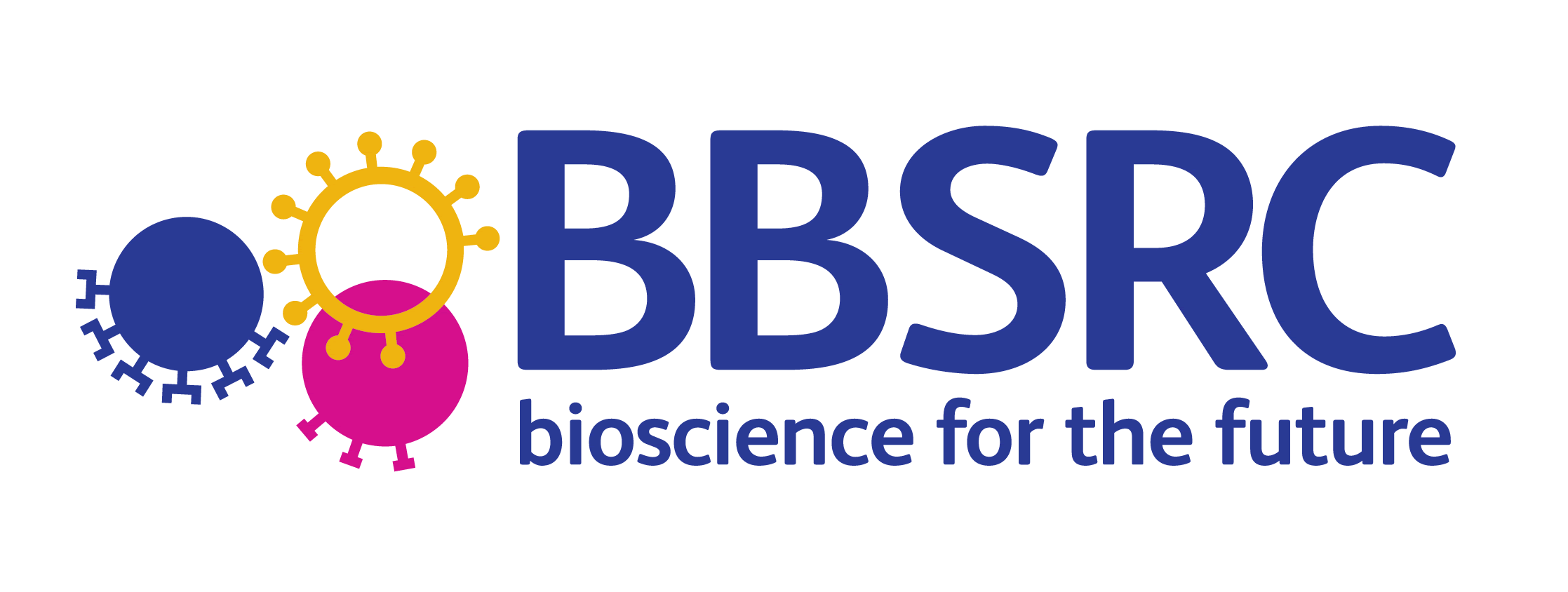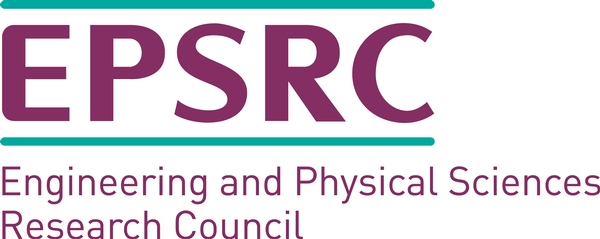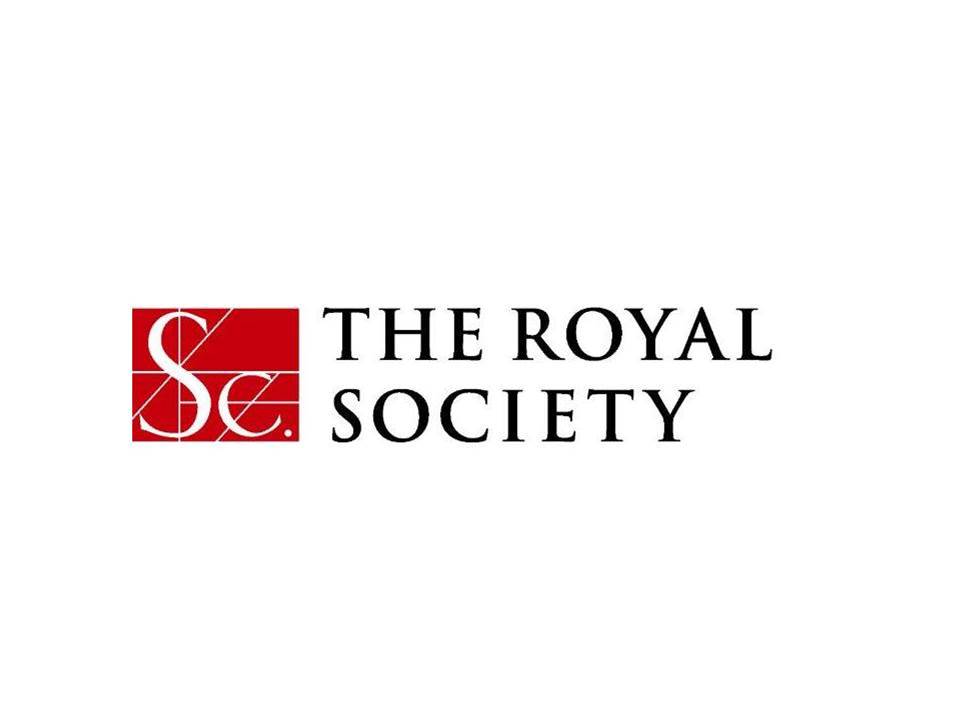Our Research Interests...
Nature is capable of synthesising a diverse range of highly functionalised and complex molecular architectures, starting from a limited set of building blocks. In all but a handful of cases these reactions are catalysed by enzymes, which often mediate these transformations with unparalleled selectivity. Enzymes can offer a sustainable and cost-effective alternative to more traditional chemical catalysis and are attractive tools for the pharmaceutical and fine chemical industry. Recent advances in protein engineering and DNA technologies have enabled the development of biocatalysts with enhanced substrate scope and with properties suitable for industrial application. Our research interests focus on the engineering and application of a more diverse pool of biocatalysts and the design of efficient industrial biocatalytic processes.
The sustainable synthesis of chiral amines remains a key research priority and the broad substrate scope and high degrees of regio- and stereoselectivity associated with transaminases (TAs) makes them ideal biocatalysts for the synthesis of optically pure amines. One of our main research areas involves the development of TA biocatalysts which enable the synthesis of a diverse range of chiral amines, starting from simple prochiral ketone precursors, in a highly sustainable manner. An important aspect of this involves engineering these enzymes to accept ‘smart’ amine donors that effectively displace the challenging reaction equilibrium. We also focus on the development of efficient high-throughput screening methods for the detection of novel TA activity.
We also have projects that exploit enzymes including cytochrome P450s, aldolases and ene-reductases and will add some details on these projects as they develop.

